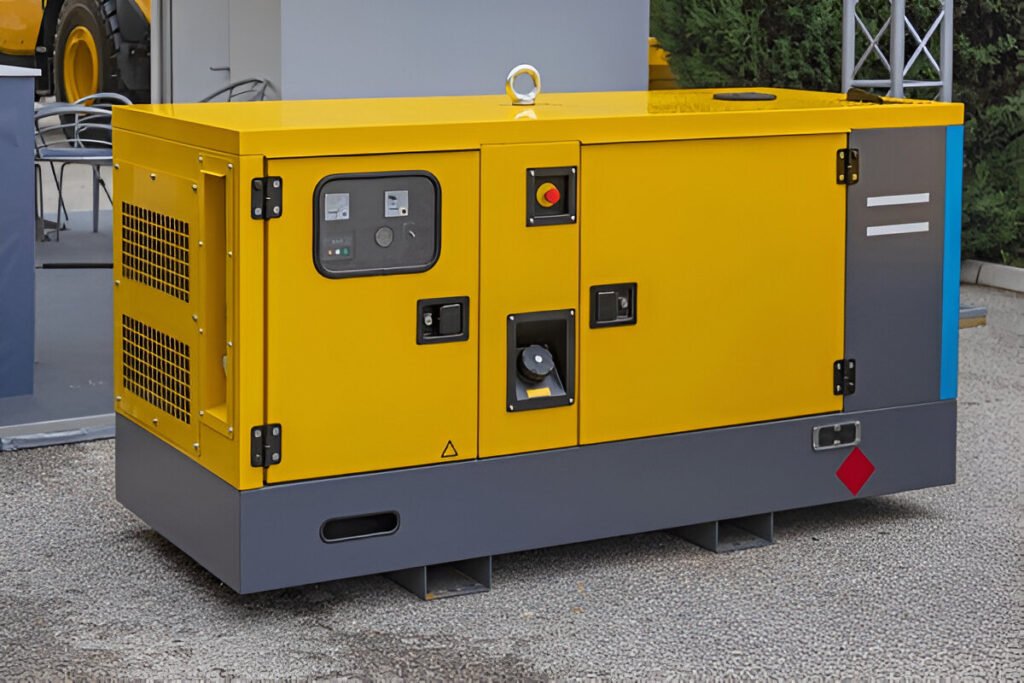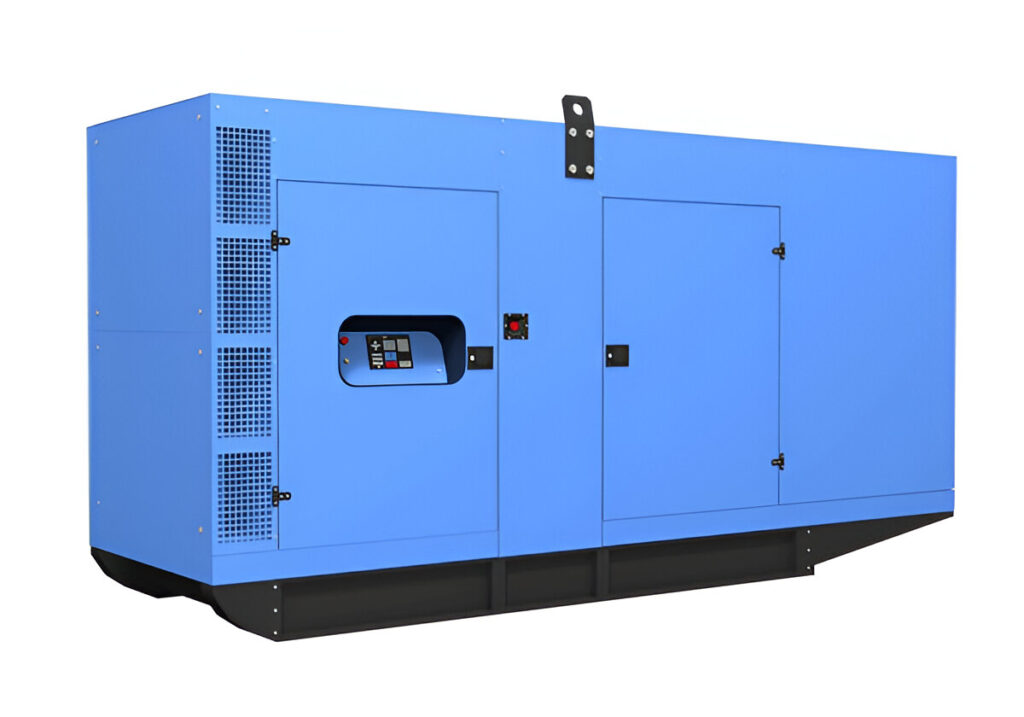In today’s energy-conscious and cost-driven environment, improving generator fuel efficiency is a priority for anyone relying on diesel generators. Whether you’re running a construction site, managing an off-grid home, or providing backup power to a business, maximizing fuel efficiency means saving money, reducing emissions, and extending the life of your equipment.
With diesel prices fluctuating and environmental regulations tightening, it’s more important than ever to get the most out of every gallon of fuel your generator consumes.
In this article, we’ll walk through actionable tips to extend the fuel efficiency of your diesel generator—whether you’re using a compact 10kW generator or a heavy-duty industrial model.
Why Generator Fuel Efficiency Matters
A fuel-efficient generator not only cuts operational costs but also:
- Reduces environmental impact
- Lowers maintenance frequency
- Minimizes downtime
- Extends engine life
- Improves overall system performance
By focusing on improving your generator fuel efficiency, you ensure better return on investment while maintaining reliable power during critical times.
1. Choose the Right Generator Size
One of the most common mistakes is using an oversized generator. A generator running far below its rated capacity wastes fuel due to inefficient combustion.
For example, if you’re powering a small business, a 10kW generator or 25kW model might be a better match than a large-scale unit.
Consulting with a technician to properly size your generator based on your average and peak load can significantly improve your fuel economy.
2. Perform Regular Maintenance
Poorly maintained generators burn more fuel due to dirty filters, worn injectors, or misaligned components. To keep your generator fuel efficiency at optimal levels:
- Change air and fuel filters regularly
- Clean or replace fuel injectors
- Monitor coolant and oil levels
- Perform professional inspections annually
Using quality parts from trusted brands like Caterpillar generators or Cummins helps maintain top performance and efficient fuel use.
3. Avoid Light Loading
Running a generator at 20% or less of its rated load—also known as “wet stacking”—results in incomplete combustion and carbon buildup, wasting fuel.
Aim to operate the generator between 50% and 80% load for the most efficient performance. For standby units, schedule monthly load tests to prevent inefficiencies.
If your usage varies, consider generators with smart load management to optimize performance.
4. Use High-Quality Fuel and Storage
Low-quality or contaminated diesel can clog injectors and cause your generator to burn more fuel. Always use premium fuel and store it in clean, sealed tanks.
For long-term storage, especially in cold Canadian climates, add stabilizers to preserve fuel quality.
Reliable brands like diesel fueled generators are built to handle such conditions while maintaining efficient combustion.
5. Monitor and Automate Performance
Modern diesel generators can be equipped with performance monitoring and automation systems. These tools track real-time usage, fuel consumption, and load balancing to help operators make fuel-efficient decisions.
Using solutions like Cummins Connect or other smart technologies can drastically improve fuel economy over time by optimizing runtime and maintenance schedules.
Final Thoughts
Improving generator fuel efficiency is a smart move for anyone who wants to save on fuel costs, reduce emissions, and extend the lifespan of their power system. From proper sizing and regular maintenance to smart automation and clean fuel, every step you take leads to long-term savings.
Looking to upgrade to a more efficient system? Explore used generator for sale listings and new models at BC Diesel Generators to find reliable, fuel-saving solutions tailored to your needs.





